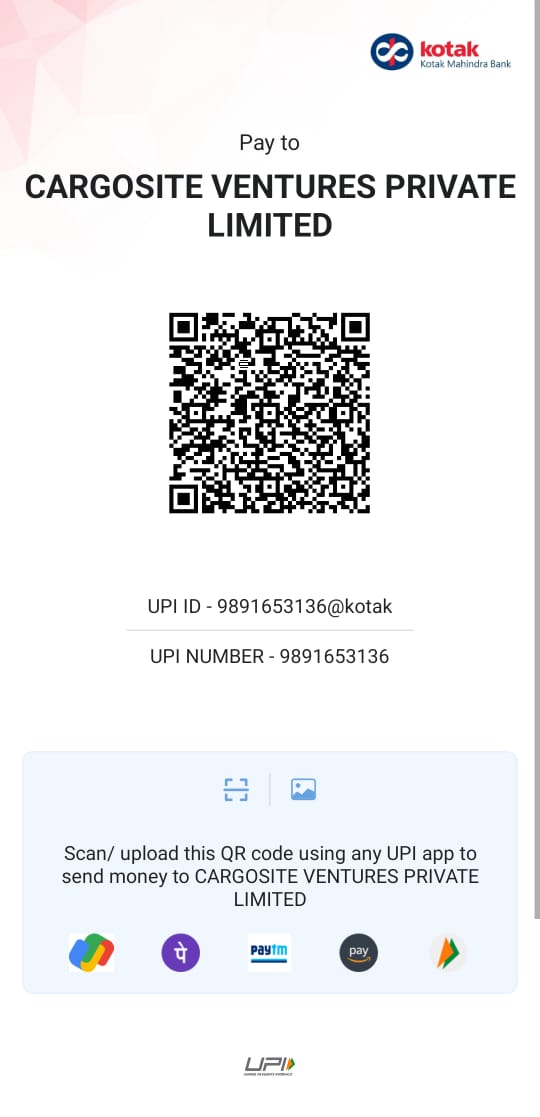If you're involved in the dynamic world of import and export, chances are you've come across the term "EPCG." Yet, its nuances, benefits, and the process of obtaining it might remain a mystery. This guide aims to demystify the concept of EPCG, providing you with comprehensive insights into what it entails, the advantages it offers, and the step-by-step process to obtain this essential component for international trade.
An Overview:
The Export Promotion Capital Goods (EPCG) scheme is a pivotal initiative that empowers exporters to import capital goods, encompassing spares for pre-production, production, and post-production phases, at a remarkable advantage—zero customs duty. This scheme plays a crucial role in facilitating and incentivizing international trade by providing exporters with a strategic tool to enhance their productivity and competitiveness.
To increase and improve the manufacturing quality of Indian goods in international markets, the Export Promotion Capital Goods (EPCG) scheme was introduced. The scheme enables exporters to import capital goods that can be used to produce high-quality final products to be exported from India. Through EPCG scheme, exporters can export goods like spare parts for pre-production, production and post-production at zero customs duty.
Objectives of the EPCG Scheme:
The core objective of the EPCG Scheme is to bolster the competitiveness of Indian exports by streamlining the import of capital goods essential for the production of goods and services.
Furthermore, it seeks to stimulate increased investments in the manufacturing sector, thereby contributing to the overall growth and dynamism of the nation's industrial landscape. In essence, the EPCG Scheme stands as a key driver for advancing the capabilities and global standing of Indian businesses through strategic import facilitation and industry advancement.
Benefits of the EPCG Scheme:
Within the framework of the EPCG Scheme, eligible exporters are granted the opportunity to import capital goods at a concessional rate of customs duty.
This advantageous rate stands at 3% for the majority of sectors, with specific specified sectors enjoying an even more favorable rate of 0%.
Furthermore, the EPCG Scheme extends its benefits to cover the import of spares, moulds, and dies for the capital goods brought in, all at a concessional rate of customs duty—subject to specific conditions.
For instance, exemptions may be granted when the capital goods face destruction or obsolescence, or when the exporter attains a specified level of exports, demonstrating a flexible and pragmatic approach to support businesses participating in the scheme.
Eligibility Criteria for the EPCG Scheme:
To be eligible for the EPCG Scheme, an exporter must meet the following criteria:
- Manufacturer Exporter or Tied Merchant Exporter: The exporter should either be a manufacturer exporter or a merchant exporter closely affiliated with a supporting manufacturer.
- Valid Import Export Code (IEC): Possession of a valid Import Export Code (IEC) issued by the Director General of Foreign Trade (DGFT) is a prerequisite.
- Compliance with Exporter Lists: The exporter should not feature in the Negative List of Exporters and should steer clear of the caution list maintained by the Reserve Bank of India (RBI).
- Minimum Export Turnover: The exporter must demonstrate a minimum export turnover of Rs. 1 crore in the preceding year, showcasing an established track record in international trade.
- Remaining Export Obligation: A critical requirement is that the exporter should maintain a minimum remaining export obligation, equivalent to 1.5 times the duty saved amount on the capital goods imported under the scheme.
Application Procedure for the EPCG Scheme:
To avail the benefits of the EPCG Scheme, an exporter must apply to the DGFT in the prescribed format along with the necessary documents, including a copy of the IEC, a copy of the export-import license, a copy of the project report, and a copy of the proforma invoice of the capital goods to be imported.
- Register with the licensing authority Director General of Foreign Trade (DGFT) or log into your account.
- Select Services -> Online E-com Application.
- Select EPCG.
- Fill in the relevant information and upload the supporting documents.
- Submit your application.
Conclusion
In summary, the EPCG Scheme stands as a significant endeavor by the Indian government, strategically aimed at fostering the export of capital goods while concurrently propelling technological advancements and modernization within the country's industries. This initiative also serves as a catalyst for increased investments in the manufacturing sector, contributing to India's economic growth.
The scheme offers a spectrum of advantages to eligible exporters, encompassing the concessional rate of customs duty on imported capital goods, the provision for waiving the Export Obligation under specific circumstances, and the facilitation of importing spares, moulds, and dies at a reduced customs duty rate. By capitalizing on the benefits afforded by the EPCG Scheme, Indian exporters not only elevate their competitiveness on the global stage but also play a pivotal role in propelling the growth trajectory of the Indian economy.
Want to apply for the EPCG Scheme reach to our expert Ms. Rekha (+91-9811803136), Ms. Manju(+91-9711994042)
